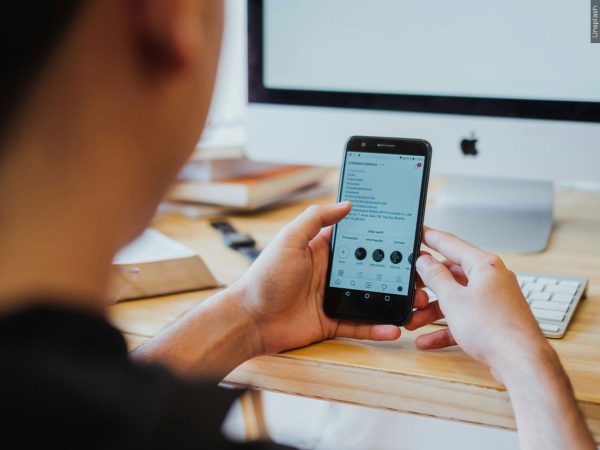
Last week in my class, the topic of parasocial relationships were brought up. At first, I remembered my 2016 phase of being obsessed with Shawn Mendes – then soon after realized how my “obsession” is not exactly the parasocial relationships being glorified online right now.
Our class discussed how a 28-year-old woman confessed that she is in a committed relationship with her AI chatbot. Her story sparked a conversation beyond my class about this growing trend, where people form one-sided emotional bonds with a celebrity, or in this case, a computer.
“Parasocial relationships have become an integral part of our society today,” said Ryan Gue, a senior philosophy major. “There is a fine line between a good, healthy online relationship versus an unhealthy obsessive relationship.”
The woman, who spends $200 dollars a month to maintain the relationship with her AI “boyfriend,” told People magazine that she believes her connection to the chatbot is real and authentic. This phenomenon highlights a societal shift where many people are turning to technology for emotional fufillment.
We live in a generation where Covid-19 halted our growth socially. Where students all around the world benefitted from connection in a classroom, we were forced to see a more virtual side of learning and communicating.
Due to relying on screens and devices for comfort, I am afraid of this reliance becoming more emotional as well. Some students believe these relationships can be beneficial if boundaries are set, but others express concern over the potential for people to disconnect from reality.
“Some people do go too far when obsessing over celebrities, like people who stalk celebrities or go to their houses and stuff,” said River MacIntyre, a sophomore english major.
The rise of social media and online content has made these one-sided relationships more common. While many people form small ties to their favorite celebrities – whether following their instagrams or joining a fan page – the emotional investment if exacerbated can become so deep that a content creator’s absence can trigger feelings of sadness or even betrayal.
“I have always felt that people who are pursuing parasocial relationships are doing so because they feel inadequate during in person conversations with others,” Gue said. “That feeling of inadequacy leads them to only pursue online relationships where they can fully transform themselves away from how they act during in person interactions.”
The more we focus on virtual connections, the more we detract from genuine human interaction. We are meant to communicate face-to-face, in order to pick up true emotion and body language with others.
“I think that parasocial relationships have, in a way, detracted from our actual social relationships,” Benoit said. “They make people feel connected with virtual strangers online in often unhealthy ways.”
While people have free-will to engage in these relationships, there is a worry about the long-term effects of this societal disconnection. Will being outside and having a real human conversation have any intrinsic value to someone’s life, or will we be wrapped up in all things online?
Ultimately this rise of parasocial relationships evokes a deeper look at our need for connection. As we navigate a world that is exponentially dominating in screens and devices, it is essential to remember that we can only be truly fulfilled by genuine human connections and self-love.
The key to a healthy emotional life, on and off the screens, is not a one-sided digital connection, but the time and effort we invest in real-world friendships and relationships.

